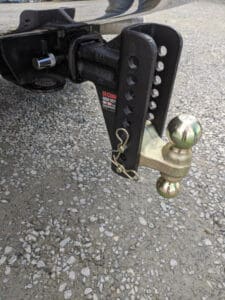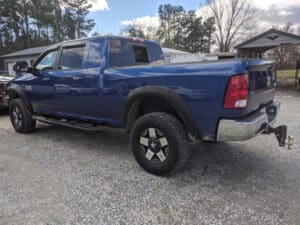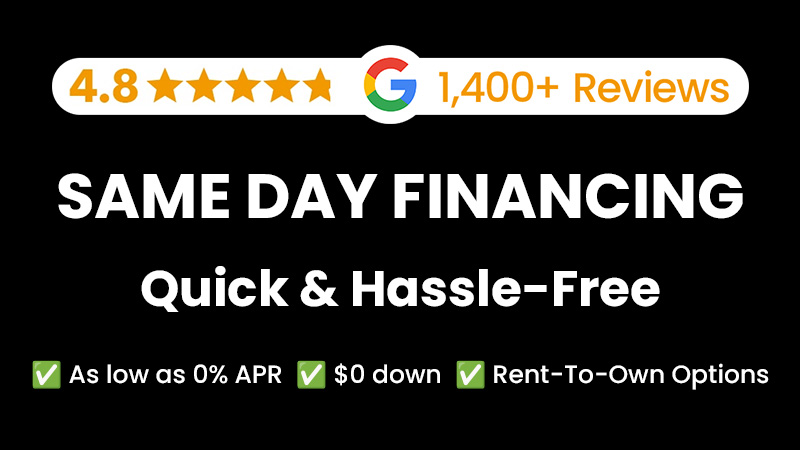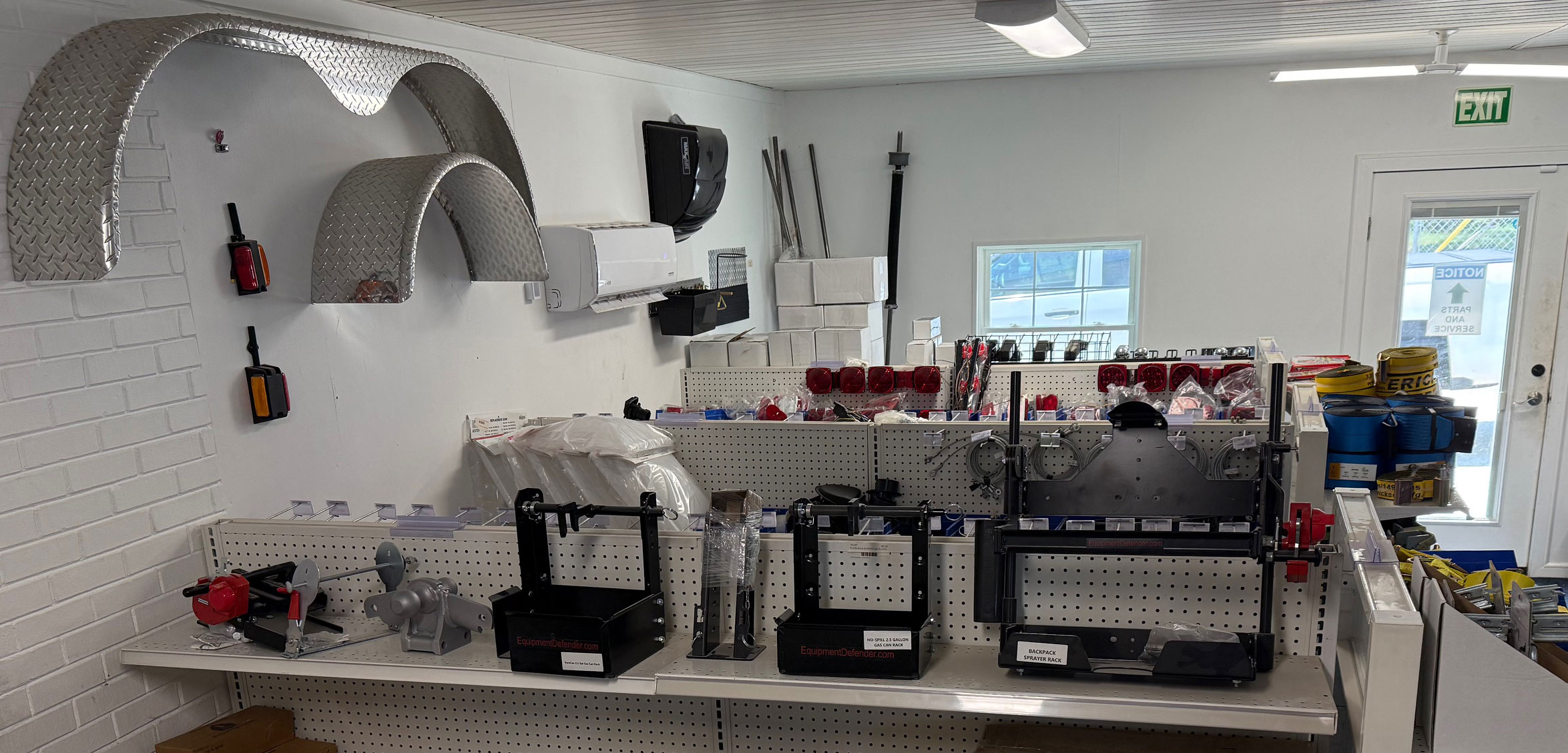Trailer Hitch Guide Part 1 - From installation to the best hitch for you.
Selecting a trailer hitch can be daunting - especially if it's your first time doing it. You probably have many questions, such as is there a way to be sure you're choosing the right hitch for your trailer? How do you go about installing it? The questions never end. Take the guesswork out of selecting a trailer hitch with this guide. We will explore hitch types, uses, capacities, installation tips, and more.

Why do I need a trailer hitch?
Drivers attach trailer hitches to their vehicles for a variety of reasons. Some need them for professional purposes, such as livestock towing or snow plowing. Others want hitches for personal or lifestyle reasons - because you have to get that fishing boat to the lake somehow. Trailer hitches unlock the ability for autonomous long-distance towing and more. You will find many benefits to getting a trailer hitch for your vehicle.

Assisting With Any Future Hauling Needs
- Bicycles
- Motorcycles
- ATVs
- Camping Gear
- Campers and RVs
- Boats
- Utility or Landscaping Trailers
- Livestock Trailers
- Flatbed Trailers
- Enclosed Trailers
- Cargo Carriers
- 5th Wheelers
- Other Transportation Vehicles
- Other Equipment or Heavy Machinery
Buying is More Cost-Effective Than Renting
Renting a vehicle with a pre-installed hitch and the capacity to haul trailers is expensive and cumbersome. Rental companies might also require specialty trailer registration and insurance, depending on your towing situation. It's far more cost-effective in the long run to invest in a trailer hitch that matches your current truck or car. Then, if situations arise where you need to transport heavy cargo or haul another vehicle, you're ready.
The Different Types of Trailer Hitches
- Class I - up to 2,000lb GTW (Gross Trailer Weight) - up to 200 TW (Tongue Weight)
- Class II - up to 3,500lb GTW - up to 350 TW
- Class III - up to 8,000lb GTW - up to 800 TW
- Class IV - up to 10,000lb GTW - up to 1,000 TW
- Class 5 Xtra Duty - up to 16,000-17,000lb GTW - up to 2,400-2,550 TW
- Class 5 Commercial Duty - up to 18,000-20,000lb GTW - up to 2,700 TW
Most cars and crossovers use a Class I or Class II hitch. Most light duty SUVs and trucks use a Class III or Class IV hitch and heavy-duty trucks use a Class 5 Xtra Duty or Class 5 Commercial Duty hitch. We always recommend going with a hitch that is rated for more than what you're going to be hauling just in case you decide to go to a bigger trailer or find yourself pulling a heavy load. You need to determine what you're going to be hauling, and what the trailer you need is rated for, then buy your hitch based on what your trailer is rated for. If your trailer is rated for 7,000lb then you should probably buy a Class IV hitch that is rated for 8,000lb. If you are going to be pulling several different trailers, use the rating for the trailer that is rated the most to determine what hitch you'll need. Some hitches are "concealed" and visible. Think about how it would appear on your vehicle and determine if you'd like to have one sticking out or tucked in. Concealed applications may vary depending on vehicle and hitch class.
Stay tuned for part 2 of our Trailer Hitch Guide which will explore trailer balls, drop hitches, adjustable hitches, and more!
For any questions you may have please don't hesitate to call us at 336-276-0329. Set up an appointment today to get your hitch installed!


 About the Author
About the Author


